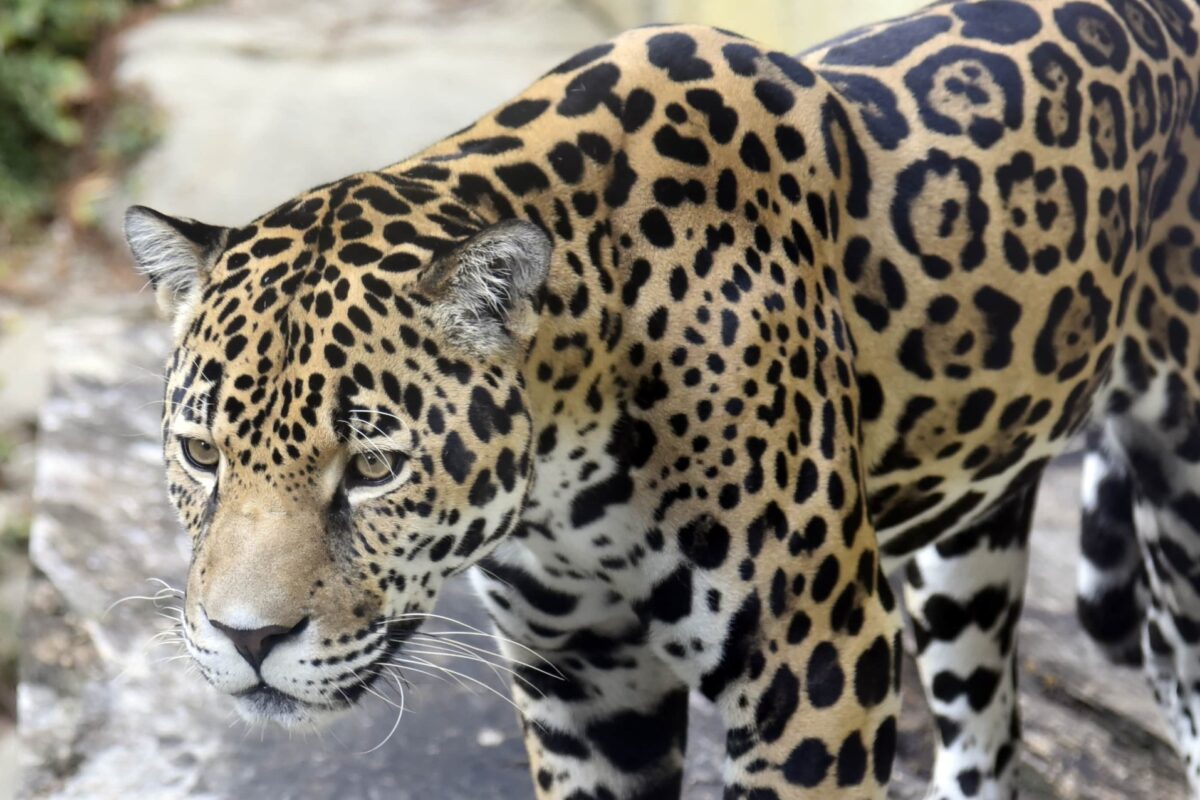As bear sightings increase in Alabama, here’s what you need to know
Reading time: 4 minutes

Black bears are native to Alabama and their population is on the rise. Historically found in the southwest, bears have also been migrating into northeast Alabama from northwest Georgia over recent years. With sightings in Jefferson, St.Clair and Shelby counties, here’s what you need to know to be bear aware at home and when you’re hiking throughout the state.
Although the population of black bears in Alabama is relatively low (in the hundreds) and sightings are very rare; they have been seen pretty close to Birmingham.
In 2018, a black bear was seen in a parking lot of a Leeds Waffle House, and a family in Hoover spotted a bear near their Hoover home off 280.
It’s important to know what to do in the event you encounter a bear and what you should do to avoid creating situations that encourage bears to be attracted to food sources.
The bear necessities: avoid providing food sources for bears

Dr.Stephanie Braccini Slade, VP of Living Collections at The Birmingham Zoo told me,
“Black bears are a native Alabama species and can travel hundreds of miles without encountering people. However, when they get used to accessing food from properties and when people stop being scary to them, they become at risk.”

Marianne Hudson, Alabama Department of Conservation and Natural Resources explains that we’re most likely to encounter bears in yards and garbage dumps in spring and summer months when they travel the most;
“If there’s a bear in your yard, it’s likely for one of two reasons, first it could be a traveling young male looking for a new home after leaving its mother. These young males are likely to be traveling through and are not likely to be seen again. The second reason is that they’ve found a food source.”
Hudson says “Bears will eat just about anything,” “They are opportunistic and will eat plant and meat based foods wherever and whenever they can.”

What food sources commonly attract bears?
- Bird and animal feeders (especially deer feed)
- Trash cans
- Pet food left outside
How can you reduce the chances of a bear coming into your yard?
- Purchase a bear proof trash can
- Place your trash and recycling out on the day of collection – not overnight
- Keep your grill clean – fat drippings are tasty to bears
- Feed pets inside if possible. If you feed pets outside, only put out enough for one meal and throw/clean out any scraps
- If you’ve spotted a bear near your deer, bird or animal feeder, take the feeder down for at least two weeks
“Once a bear knows that a food source has gone, they’ll usually move on.” says Hudson.
What to do if you encounter a black bear (DO NOT RUN!)

- Don’t run! This will only encourage a bear to give chase
- Stay calm, face the bear but avoid direct eye contact
- Speak in a calm, low tone, slowly raising arms above your head to give the appearance you are larger
- Move slowly away from the bear – give the bear free direction to escape
- Do not scream – this might agitate a bear
- Do not feed the bear
Hudson advises,
“If a bear still attempts to charge after these efforts, fight back using anything you can find, focusing all of your efforts on its face and snout. Do not play dead.”
If you are going hiking into areas known to have bears, consider going in a group if possible and talk and whistle as much as you can – this will alert bears and allow them to move away. Take bear spray and be cautious when cooking and carrying food.
Watch ‘Be Bear Wise’ – a video by the Alabama Department of Conservation and Natural Resources
If you see a bear – report it
If you are lucky enough to observe a black bear in Alabama, you can report the sighting to the Alabama Department of Conservation and Natural Resources HERE and to the Alabama Black Bear Alliance HERE.
For more bear safety tips, visit www.bearwise.org
Find out more about black bear behavior via the Alabama Wildlife Federation Black Bear Alliance
Have you seen a black bear near Birmingham? Let us know and share your pictures with us on social @bhamnow
Related – North Alabama bear population has doubled in four years

 18254 views
18254 views

![Birmingham’s Avondale Park is experiencing a baby bird boom [PHOTOS + VIDEO] Birmingham’s Avondale Park is experiencing a baby bird boom [PHOTOS + VIDEO]](https://bhamnow.com/wp-content/uploads/2025/06/IMG_2589-e1750089523106-1200x628.jpg)